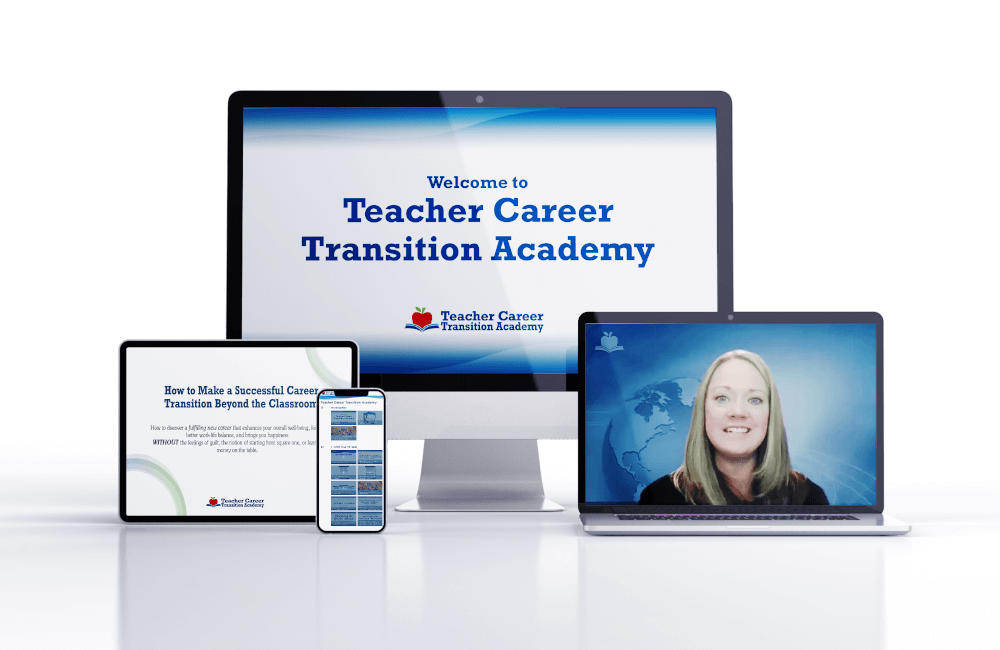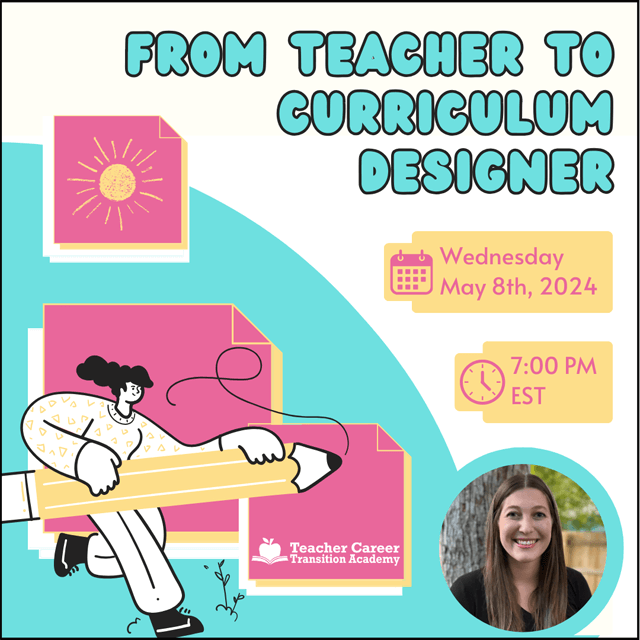
Are you a passionate educator seeking new horizons to make a profound impact on education? Transitioning into a career as an educational consultant may be the exciting path you've been searching for. In this blog post, we will dive into the world of educational consulting, specifically tailored for teachers who are transitioning careers. Discover how your teaching experience, expertise, and love for education can be leveraged to empower fellow educators and shape the future of learning.
1. Embracing a New Role: From Teacher to Educational Consultant
As you embark on your journey to becoming an educational consultant, it's crucial to understand the transformative role you will play. Educational consultants serve as independent advisors, offering their expertise and guidance to various stakeholders within the education community. This includes collaborating with teachers, administrators, district leaders, and support staff to enhance educational practices, drive innovation, and inspire positive change.
2. Leveraging Your Teaching Experience: The Power of Transferable Skills
One of the greatest advantages of transitioning into educational consulting is the opportunity to leverage your valuable teaching experience. As a seasoned educator, you possess firsthand knowledge of instructional methods, curriculum design, assessment strategies, and classroom management techniques. These transferable skills will serve as a solid foundation for your consulting career, enabling you to provide relevant and practical guidance to fellow educators facing similar challenges.
3. Developing Consulting Skills: Expanding Your Toolkit
While your teaching experience is invaluable, transitioning into educational consulting requires the development of specific consulting skills. Effective communication, active listening, and building rapport with diverse stakeholders are essential qualities for successful consultants. Additionally, honing your skills in designing and delivering engaging workshops, facilitating coaching sessions, analyzing data, and evaluating programs will further enhance your consulting toolkit. Embrace opportunities to acquire new skills and deepen your expertise through professional development programs and networking with experienced consultants.
4. Building Your Professional Network: Collaborating for Success
Building a strong professional network is key when transitioning into educational consulting. Connect with other consultants, attend conferences, and join relevant associations to expand your circle and gain exposure to new opportunities. Collaborating with experienced consultants can provide valuable mentorship and guidance as you navigate this exciting career path. Engaging in professional communities will not only broaden your knowledge but also open doors for partnerships, referrals, and collaborative projects.
5. Niche Specialization: Focusing Your Expertise
As you embark on your journey as an educational consultant, consider specializing in specific areas that align with your passion and strengths. Reflect on the subjects, educational topics, or challenges that ignite your enthusiasm. By focusing your expertise in areas such as literacy, mathematics, special education, technology integration, or leadership development, you can position yourself as a sought-after consultant within your chosen niche. Specialization will attract clients and opportunities that align with your unique skill set and allow you to make a meaningful impact.
6. Crafting Your Unique Value Proposition: Standing Out in the Consulting Arena
To thrive as an educational consultant, it's crucial to define your unique value proposition. What sets you apart from other consultants? Highlight your teaching experience, specialized knowledge, and consulting skills to demonstrate the value you bring to your clients. Develop a compelling portfolio that showcases successful projects, testimonials, and the positive impact you've made in previous consulting engagements. Emphasize your ability to empathize with teachers, understand their needs, and provide tailored solutions to enhance their professional growth and student outcomes.
7. Embracing Growth and Learning: A Journey of Continuous Development
As an educational consultant, your commitment to lifelong learning and professional development is paramount. Stay abreast of the latest research, trends, and best practices in education. Attend workshops, pursue certifications, engage in relevant courses, and seek out opportunities to expand your knowledge and skill set. The more you invest in your professional growth, the more valuable and effective you become as a consultant, ultimately driving greater impact in the field of education.
Unleash Your Potential as an Educational Consultant
Transitioning from a teaching career to becoming an educational consultant offers an exciting and fulfilling pathway to make a significant impact in the field of education. By leveraging your teaching experience, developing consulting skills, building a strong professional network, specializing in a niche, crafting your unique value proposition, and embracing continuous growth, you can confidently embark on this transformative journey. Embrace the opportunity to empower fellow educators, shape educational practices, and contribute to the advancement of education in meaningful and purposeful ways. If you haven’t yet, join LearnWorld’s Facebook Group, Teacher Career Transitions (LearnWorld).
About This Post:
This blog post is based on information shared within the Teacher Career Transition Academy. To learn more about this particular topic, refer to the video title “Exploring Educational Consulting” located within the Teacher Career Transition Academy.



